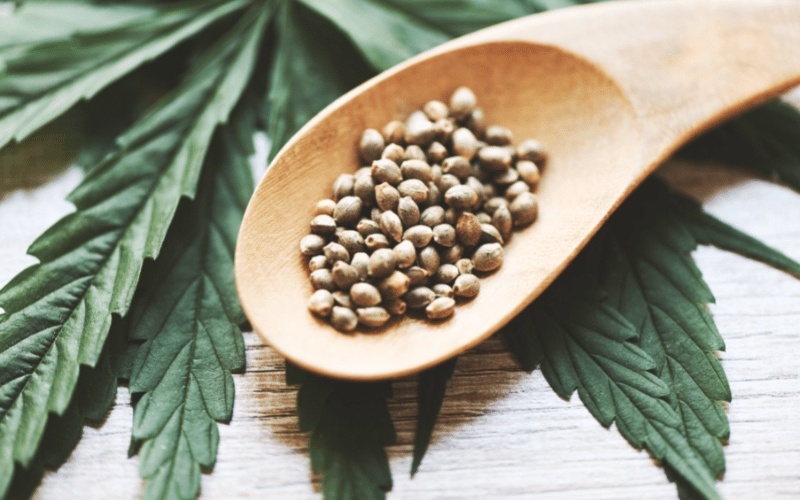Is CBD safe? What the WHO says about it…

The World Health Organization (WHO) is an international organisation that deals with public health issues. As an agency of the United Nations, it is virtually the world’s leading public health organisation, so people turn to it for advice and information on safety in many areas. So it’s not surprising that they turn to the organisation to find out if CBD is safe.
Also, the EU has recognised that CBD is legal and can be traded around Europe. So you can now quickly and legally order CBD products … Justbob is one of the best CBD shop, and it offers an extensive range of CBD products online.
What does WHO say?
The WHO’s mission is “to provide a better and healthier future for people everywhere”. As you can imagine, this is an essential task, which is why the organisation is so crucial.
The World Health Organisation’s Expert Committee on Drug Dependence (ACDD) is an independent group of experts in the field of drugs and medicines. Members of the committee occasionally meet to discuss specific topics. Most recently, cannabidiol (CBD) has been included.
In November 2017, SEAC met in Geneva to discuss the classification of CBD Class 1 and to consider whether this classification remains appropriate. Class 1 lists substances with high potential for abuse as drugs and no medical benefit. However, CBD has recently attracted a lot of attention, and civilians and experts suggest that this classification must be corrected. But what has the WHO said about it?
Why is CBD used?
As CBD has no intoxicating effects, it is becoming more and more known and is now very popular. Currently, the health benefits of CBD are being clarified. Therefore, more information is needed on this subject at the moment.
CBD is mainly used as a dietary supplement and is presented as a “superfood”. This is because it can interact positively with our body to produce a healthy and functional body. This way, users can promote their overall well-being and maintain existential homeostasis. At least, that is what CBD proponents claim.
However, some people have a contrary opinion. For them, CBD is a drug because it is derived from cannabis and should therefore be illegal. As you already know, cannabis is generally unlawful in Germany. Likely, this will not change in the near future.
But if CBD doesn’t get you “high”, why would you be so negative about it just by association with marijuana? If it can help you stay healthy, why would you classify it as a category 1 drug?
On these questions, the WHO said this…
WHO opinion
CBD is legal in Europe and Ireland … The WHO has also decided that CBD does not present a risk of abuse. In an animal study, male rats were given 5 mg/kg of CBD, which did not alter the threshold frequency required for intracranial self-stimulation (ICSS). However, a high dose of 10 mg/kg or 20 mg/kg increased the threshold for reduced reward activity. This effect is the opposite of what cocaine, methamphetamine and opioids do and therefore lowers this threshold. This suggests that CBD is different from drugs with abuse potential. The researchers also found that at no dose, it behaves like THC.
Although human studies on this subject are available to a relatively limited extent, they indicate no abuse potential yet. For example, one study showed that oral CBD alone did not cause significant psychoactive, cardiovascular or other effects. This means that it does not stimulate the body in a way that could lead to abuse.
The final verdict?
The above information makes it easy to see that the WHO has classified CBD as safe. It has thus ensured once and for all that CBD is no longer perceived as a dangerous drug. The cannabinoid has no abuse potential and does not cause any harm. Therefore, it is no longer represented in any category.
This means CBD is only a category 1 substance when extracted from cannabis. This means that it is not subject to international controls. Therefore, it is up to each government to decide whether it is legal. In Ireland, CBD oil is legal as long as it is extracted from industrial hemp and contains less than 0.2% THC.
In addition, the WHO does not recommend the use of cannabidiol for medical purposes because further studies and research are needed on the alleged benefits of CBD oil. Nevertheless, it is classified as harmless.
The future of CBD
The jury will likely continue to be out on cannabis and CBD in the future. In June 2018, the WHO scheduled a full review of CBD extracts. The results have not yet been published, but we are already very excited about how they will pan out.
For now, CBD is safe. Given the high international authority of the WHO, it’s hard to ignore the fact that users tolerate CBD well and that it has no abuse potential. So if you see a CBD product on the shelves, there’s no need to panic – it’s safe!





